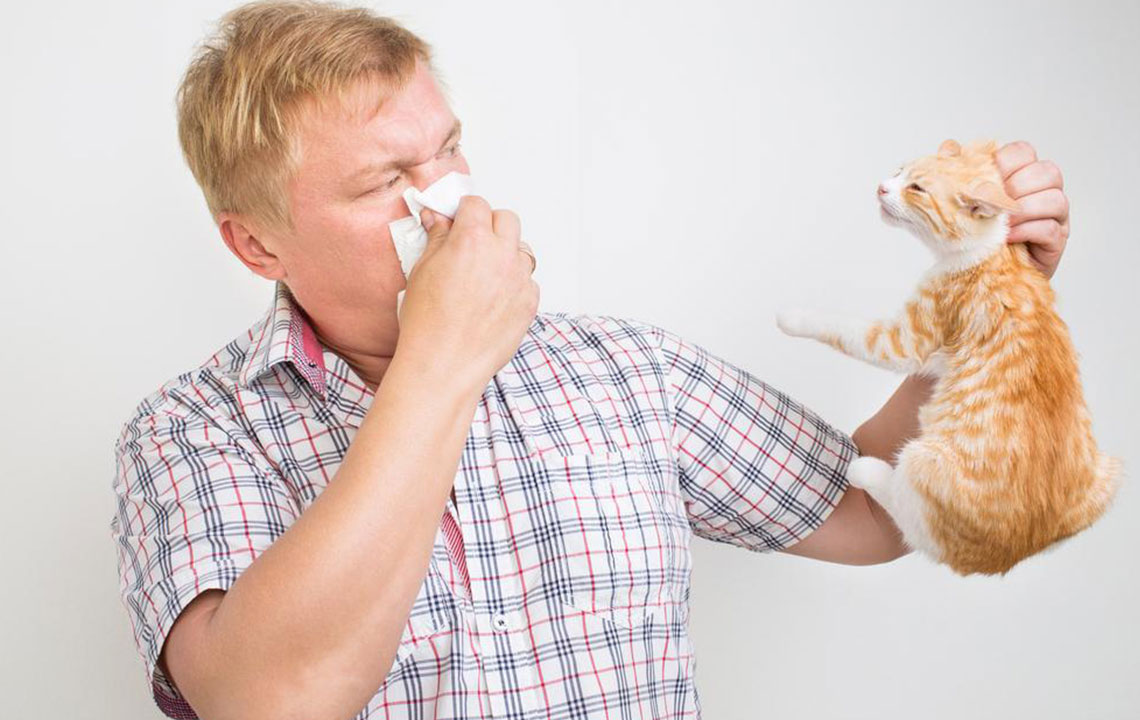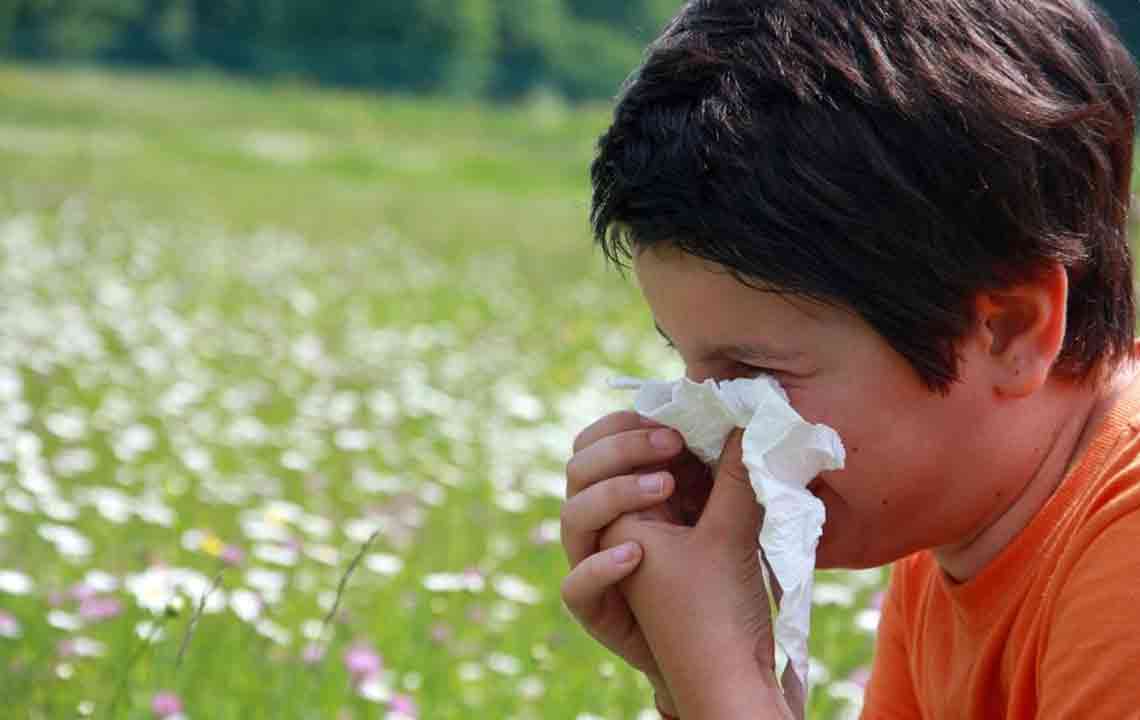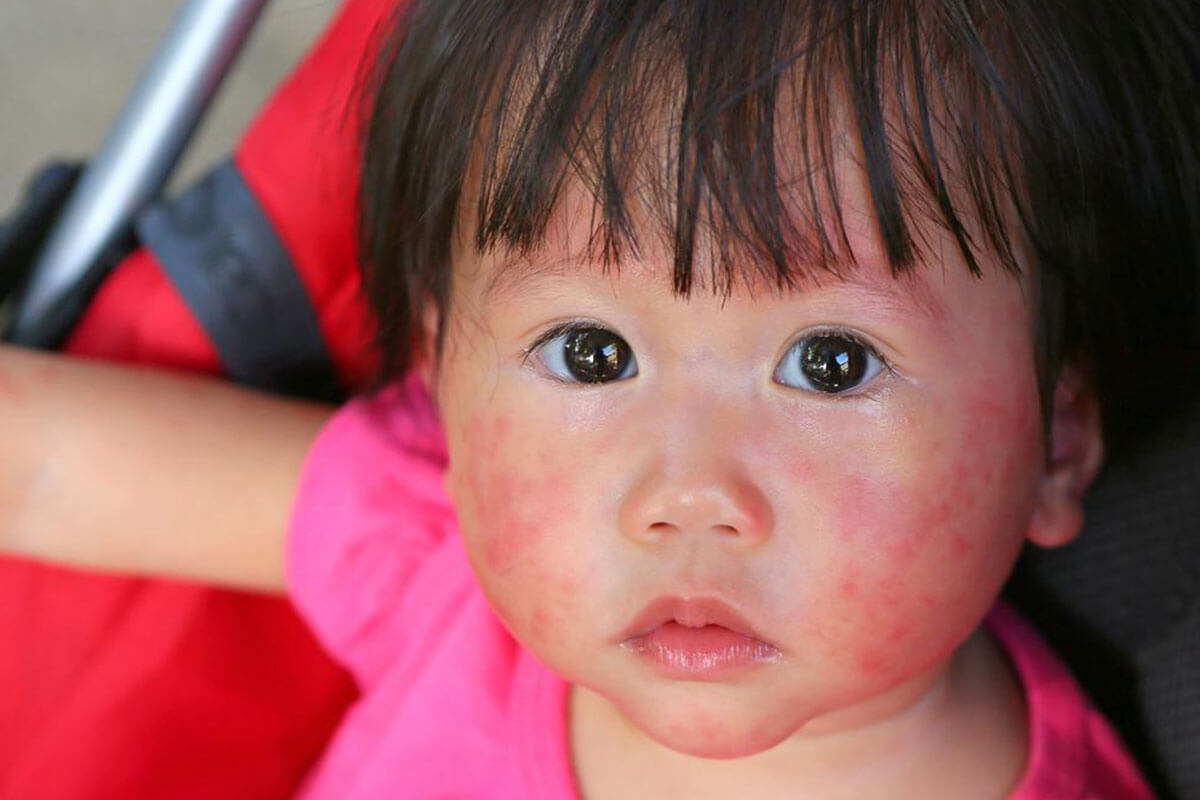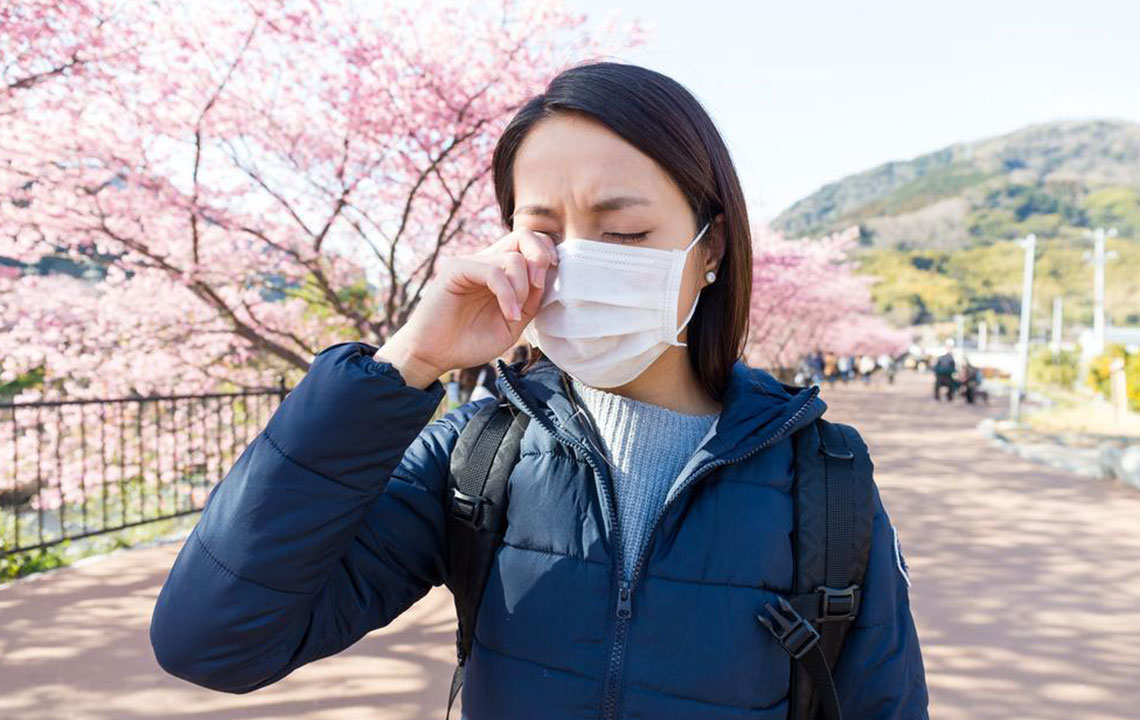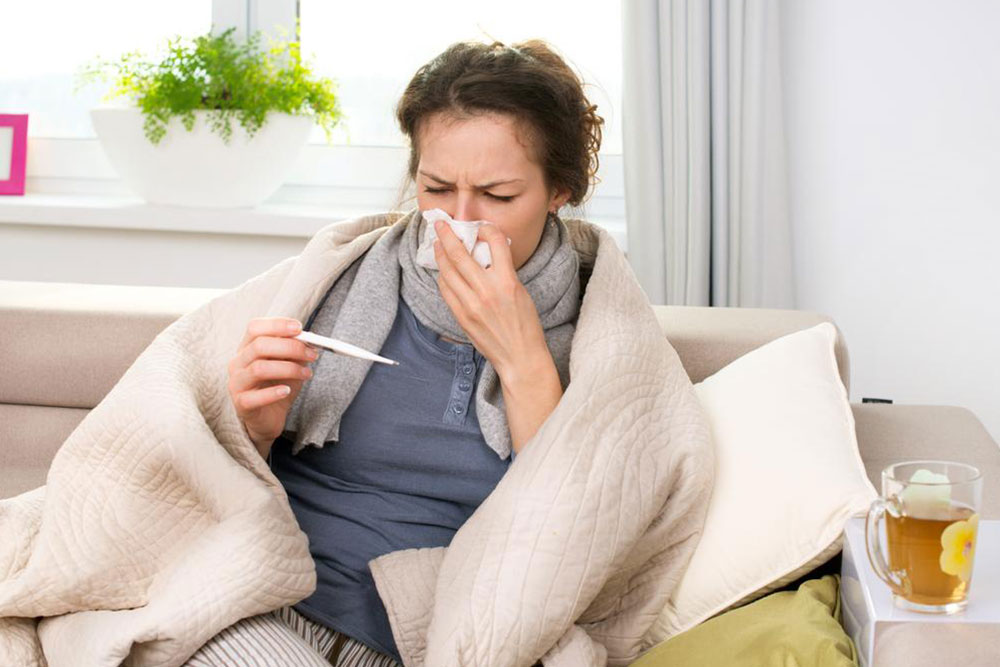Pet Allergy Awareness: Causes, Symptoms, and Effective Treatments
This comprehensive guide explores common pet allergies, their causes, symptoms, and effective treatment options. From dogs and cats to rabbits and birds, learn how to identify allergic reactions early and implement strategies like dietary changes, environmental management, and veterinary care to ensure your pets' comfort and health.
Sponsored
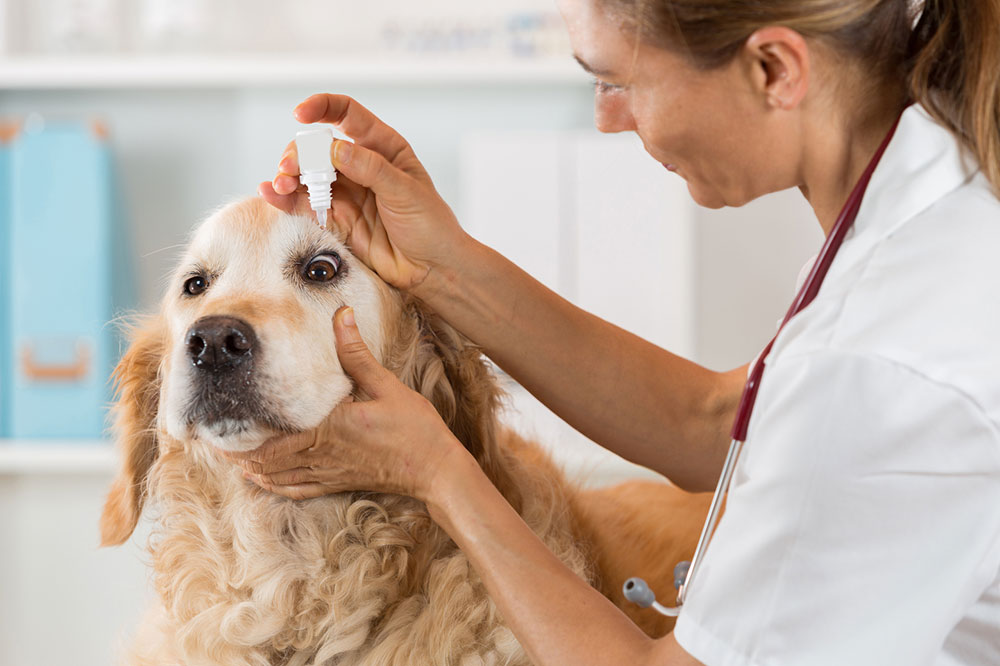
Understanding and Managing Allergies in Pets
Allergies are a common issue not just in humans but also affect our animals. Pets can develop allergic reactions triggered by foods, insect bites, or environmental factors, leading to symptoms like itching, redness, and skin infections. Recognizing these signs early is vital for treatment. Various pet allergy treatments are available based on the underlying cause, from dietary adjustments to medications. Proper diagnosis and management ensure your pet’s comfort and health.
Allergies in Dogs
Skin reactions are frequent in dogs, often caused by food, environmental allergens, or fleas. Effective pet allergy treatments include avoiding allergens, dietary changes, and medications to reduce itching and infections.
Causes
Primary causes include:
Food Allergies
Symptoms such as ear and paw itching may indicate dietary sensitivities. Switching to hypoallergenic diets can help.
Environmental Pollutants
Dust, pollen, and seasonal allergens mainly affect paws and ear areas.
Flea Allergies
This common issue can cause intense itching and skin infections.
Signs
Indicators include chronic ear infections, facial swelling, hives, vomiting, diarrhea, and excessive licking or scratching.
Treatment Options
Diagnosis involves allergy testing to identify triggers. Treatments include:
Allergen Avoidance
Reducing exposure by avoiding specific plants, pollens, or certain products.
Medications
Use of omega-3 supplements, antihistamines, or antibiotics for secondary infections. Steroids can be prescribed but with caution.
Additional Measures
Implementing flea control and environmental management to prevent flare-ups.
Allergies in Cats
Cats are also susceptible to allergies from food, fleas, house chemicals, or plastic containers. Recognizing symptoms like sneezing, itching, watery eyes, or ear swelling is crucial for timely treatment.
Causes
Common triggers include:
Dietary Allergies
Eliminate suspect ingredients and adopt hypoallergenic diets.
Fleas and Parasites
Use vet-approved flea treatments to reduce reactions.
Household Chemicals
Switch to natural or fragrance-free cleaning products and maintain proper ventilation.
Plastic Items
Switch to ceramic or stainless-steel bowls to prevent plastic sensitivities.
Symptoms
Watch for scratching, eye discharge, swelling, gastrointestinal issues, and persistent licking.
Therapeutic Approaches
Treatment methods include topical therapies, allergen avoidance, and immunotherapy. Regular vet visits help establish the cause and appropriate treatment plan. Omega-3 supplementation enhances skin health and immune response. Dietary adjustments may be necessary for food allergies.
Allergies in Rabbits
Rabbit owners should monitor for allergic reactions caused by cleaning chemicals, strong odors, mites, fleas, or environmental factors. Symptoms like skin changes, sneezing, eye inflammation, or itching require prompt veterinary consultation.
Causes
This includes exposure to cleaning agents, perfumes, cigarette smoke, and parasites. Using natural cleaning products and avoiding aerosols can reduce risk.
Signs
Look for fur or skin changes, sneezing, eyewhite, scratching, or digestive disturbances.
Management
Eliminate irritants, switch to eco-friendly cleaning items, and improve cage hygiene. Air purifiers and good ventilation lessen environmental allergens.
Allergies in Birds
Birds can develop allergies from standing water, foods, pollen, mold, or cleaning products. Signs include behavioral changes, discharge, wheezing, bubbles around the beak, or feather loss. Proper veterinary assessment is necessary. Allergic dermatitis may require topical treatments, allergy testing, or environmental adjustments. Avoid giving steroids to birds as they may cause complications. Maintaining a clean, allergen-free habitat is vital for their wellbeing.


